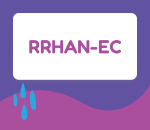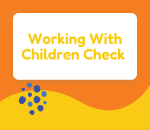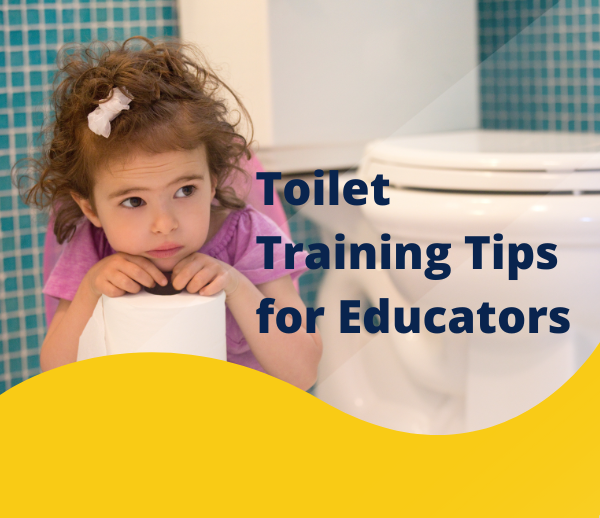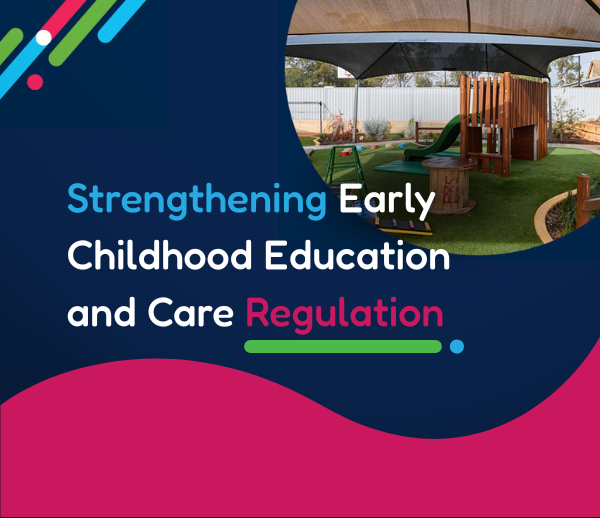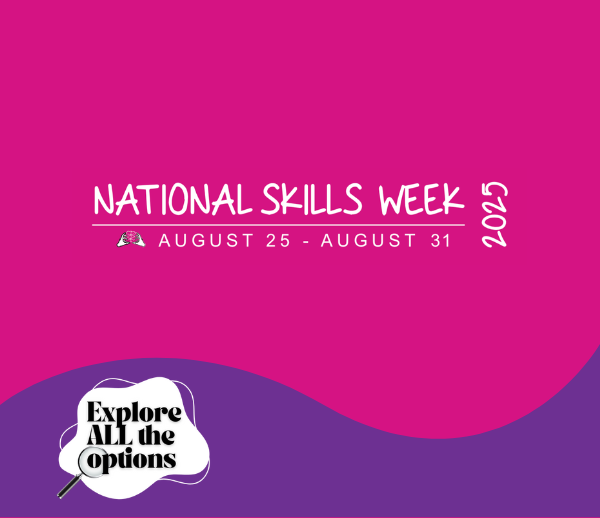National Science Week 2025 – Decoding the Universe in Early Childhood
National Science Week 2025 invites educators and children to explore the hidden language of nature. From starry sensory play to outdoor pattern spotting, this year's theme encourages science through curiosity, questioning, and playful discovery in the early years.
9–17 August 2025 marks National Science Week, and this year’s theme, “Decoding the Universe – Exploring the Unknown with Nature’s Hidden Language”, invites educators and children alike to step into the wonder of the natural world and uncover the mysteries that lie beyond what we can see.
At Entrée Early Years Recruitment, we know that the journey of scientific discovery begins long before the classroom, it starts in the sandpit, the backyard, and under the curious gaze of a child asking why?
What Does “Decoding the Universe” Mean for Early Childhood?
While astrophysics and quantum mechanics might feel a world away from the early years setting, the building blocks of scientific thinking are already at play in every curious moment a child has. From experimenting with floating and sinking, to watching the stars twinkle at night, children are natural-born scientists.
This year’s theme is a reminder that science isn’t just about answers, it’s about exploration, curiosity, and questioning the unknown. And in early learning environments, educators play a powerful role in nurturing these instincts.
Bringing the Universe to Life in Early Learning
Here are some playful, age-appropriate ways educators can explore this year’s theme with young children:
- Nature’s Codes – Explore patterns in nature, like leaf veins, butterfly wings, or spider webs. What do they tell us? Why are they all a little bit different?
- Starry Sensory Play – Create a night-sky-themed sensory bin or glow-in-the-dark play area to mimic the cosmos.
- Mini Experiments – Try safe, hands-on science activities like vinegar and bicarb reactions, rainbow walking water, or magnetic play.
- Storytime with a Twist – Choose books that introduce concepts of the universe, stars, or the natural world, then spark discussions that let children wonder and imagine.
- Language of Nature Walks – Head outdoors to look for the “hidden language” in tree rings, ant trails, or cloud shapes.
Why It Matters
Introducing scientific thinking in the early years isn’t about getting children to memorise facts, it’s about helping them stay curious. When we value their questions, foster wonder, and give them the tools to investigate, we’re not just teaching science, we’re nurturing future problem-solvers, innovators, and lifelong learners.
As recruiters who support passionate early years professionals, we love seeing educators bring these big ideas to life in little ways. You are laying the foundation for tomorrow’s thinkers, and this week is a beautiful time to celebrate that.
Get Involved
Visit the National Science Week website for more inspiration, free resources, and activities. Whether you’re planning an out-of-this-world week in your service or a simple nature scavenger hunt, there’s no limit to how you can bring the universe a little closer to our youngest minds.
Thank you for reading our latest blog. For more inspiration, check out our National Science Week 2024 post. If you are a candidate, click to view our Permanent Jobs or explore our latest Temporary Opportunities. If you are a client looking to find your next permanent or temporary staff member, Entrée Early Years can help. Hire or Book Early Childhood Staff today!

